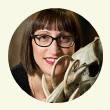Culture Nature Health Research
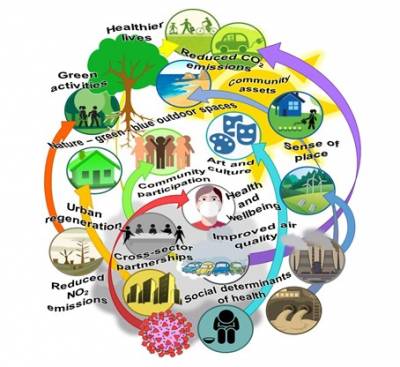
Recent Research
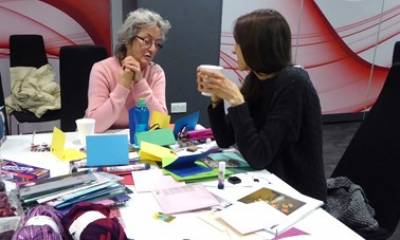
Mobilising Community Assets to Tackle Health Inequalities
Find out how we are drawing together evidence and learning from 12 AHRC/MRC/NERC Mobilizing Assets Pilot Projects and other relevant schemes.
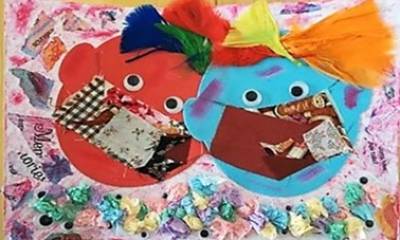
Community COVID
Discover how people engaged with resources designed to stimulate creativity, counter loneliness and increase sociability during COVID-19 lockdown and other public health restrictions.
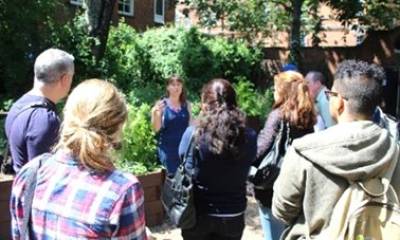
Social Prescribing: Building the Evidence
See how we are building the evidence base to support the National Academy for Social Prescribing (NASP).
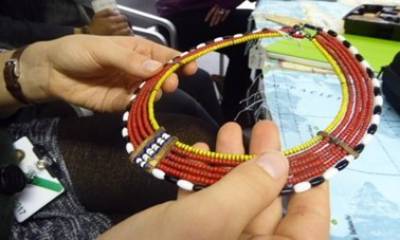
Object-based Learning
Pioneering research into the pedagogical role of objects in higher education has developed a programme dedicated to uncovering ways in which museum collections can enhance learning for undergraduate and postgraduate students.
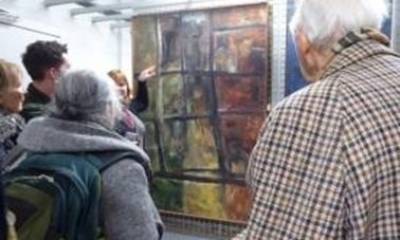
Museums on Prescription
Find out more about how socially isolated and lonely older people were connected to 10-week museum-based programmes of creative and co-productive activities.
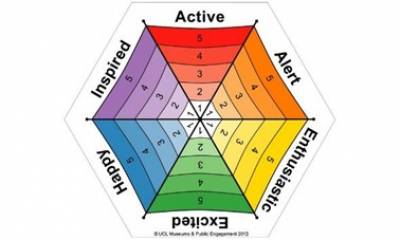
UCL Creative Wellbeing Measures
Learn about the UCL Creative Wellbeing Measures Toolkit designed to assess psychological wellbeing derived from creative participation in arts, museums, cultural and nature-based activities.
Key Research
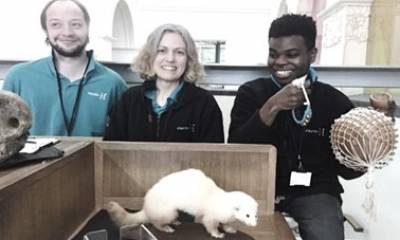 Give: Volunteering for Wellbeing
Give: Volunteering for Wellbeing

Made possible by money raised by National Lottery players, Give made heritage more accessible to people experiencing health inequalities, and helped to open up hidden and unused natural and local history collections. For more information, read:
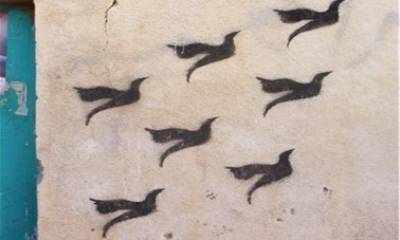 Forced Displacement and Cultural Interventions
Forced Displacement and Cultural Interventions

The GCRF project led by UCL and Petra University partnered with the Helen Bamber Foundation, London, and Talbieh Refugee Camp, Jordan to explore the potential of the Arts to improve health and wellbeing for refugees. Watch the 3-minute film:
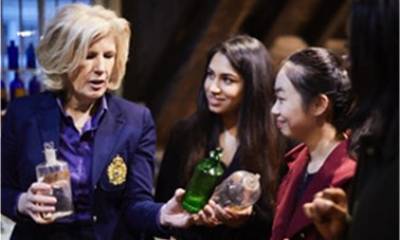 Student Wellbeing and Experiential Learning Spaces
Student Wellbeing and Experiential Learning Spaces

Building on a body of research about the wellbeing benefits of engaging with culture, SWELS explores the importance of spaces in which learning takes place in helping students to acquire knowledge and feel better. To find out more, email Dr Thomas Kador.
Past Projects
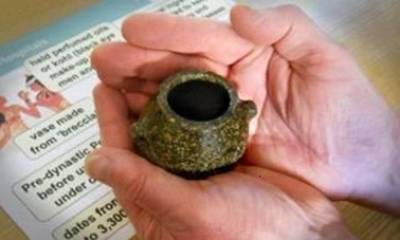 Heritage in Hospitals
Heritage in Hospitals

UCL and UCLH Arts developed a unique programme where researchers took boxes of museum objects to hospital patients and care home residents. One-to-one sessions assessed wellbeing and happiness from handling and discussing objects from UCL Museum collections. For further information, read:
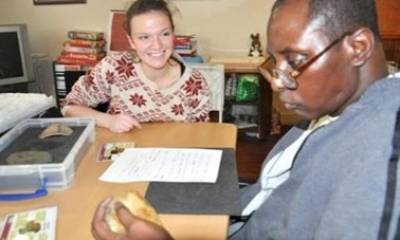 Touching Heritage: Objects to healthcare
Touching Heritage: Objects to healthcare

As an extension of Heritage in Hospitals, this volunteer training programme was set up to take good practices forward. Students and hospital visitors were trained to conduct object handling sessions with older and younger adults in hospital wards, and residential care. For more about the project, read:
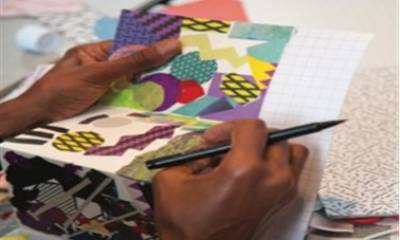 Not So Grim Up North
Not So Grim Up North

In a collaboration between UCL and museum partners, the project investigated how creative museum-based activities contributed to the health and wellbeing of people with dementia, stroke survivors, and those with mental health issues and in addiction recovery. For more information, see:
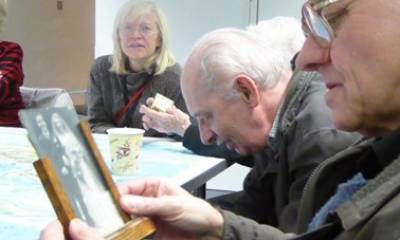 Museum Engagement Observation Tool
Museum Engagement Observation Tool

Co-produced with museum professionals, and health practitioners and care partners, the MEOT was developed for researching the impact of museum object handling sessions with people with dementia. To read more, visit:
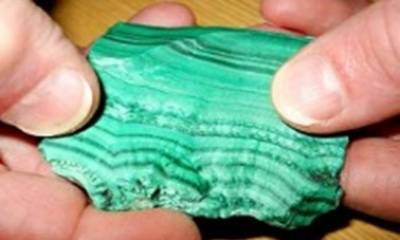 Workshops: Heritage, health and wellbeing
Workshops: Heritage, health and wellbeing

UCL researchers and curators with Newcastle University and Renaissance North West held three workshops in London, Manchester, and Newcastle to consider the evidence for and evaluation of wellbeing outcomes from heritage-in-health interventions. The presentations can be accessed in the resources section of our publications page.
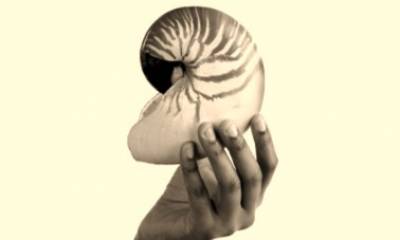 Workshops: Touch and the value of object handling
Workshops: Touch and the value of object handling

A series of six UCL Touch Workshops was held during 2006-07 to investigate touch and the value of object handling in museums. Topics covered included object interpretation, haptics, memory, therapeutic approaches and knowledge transfer. The abstracts can be accessed in the resources section of our publications page.
 Close
Close


